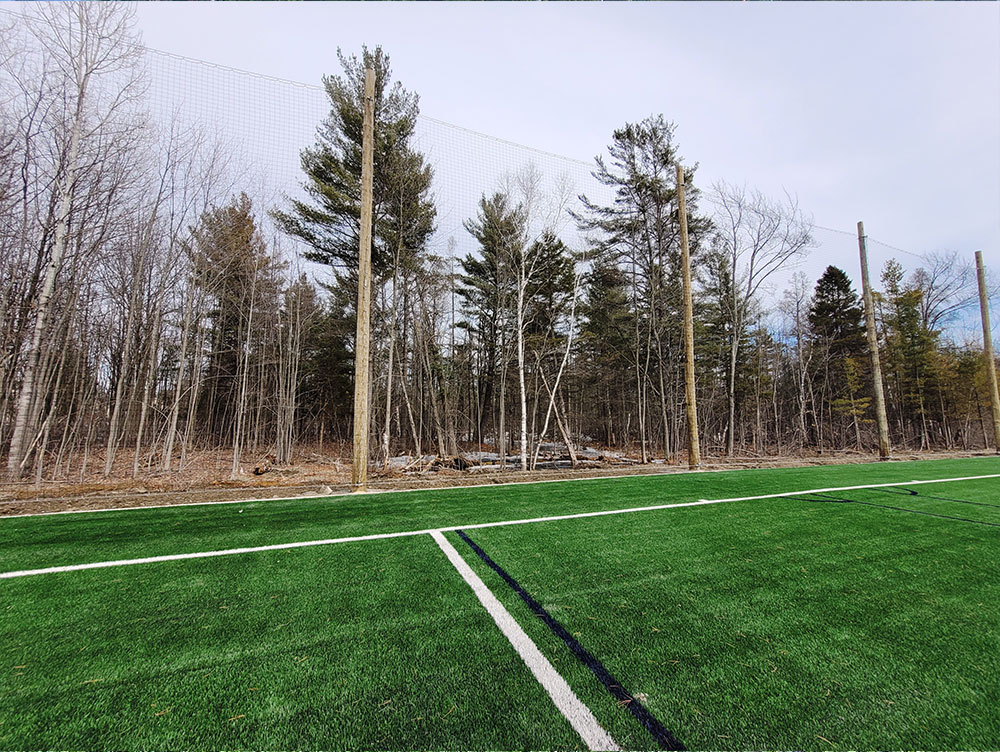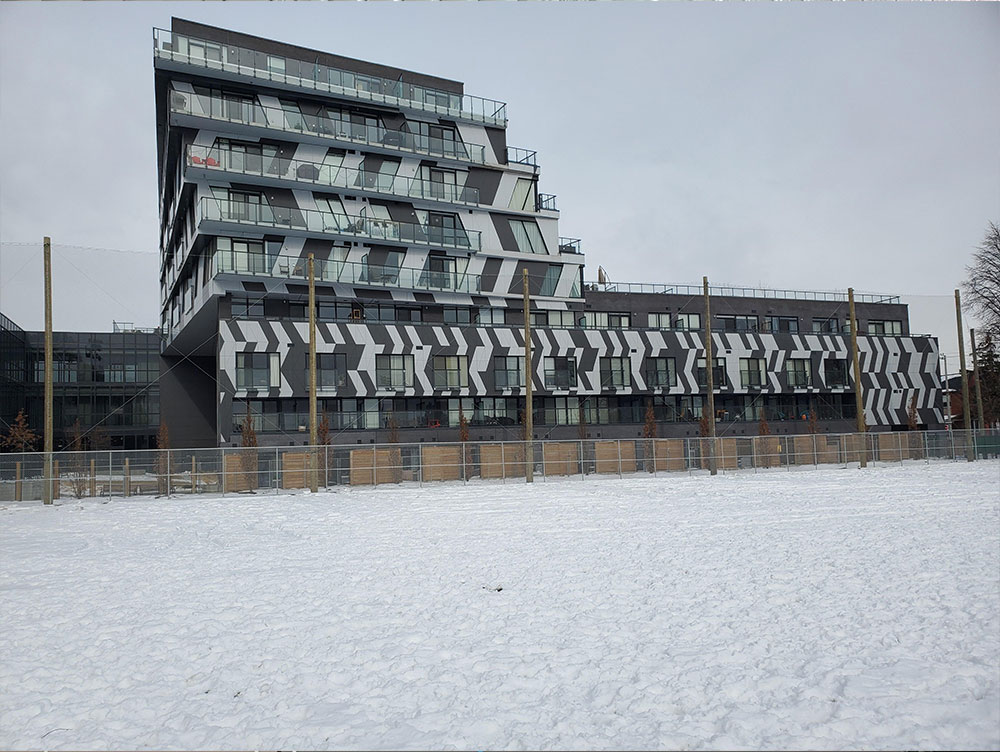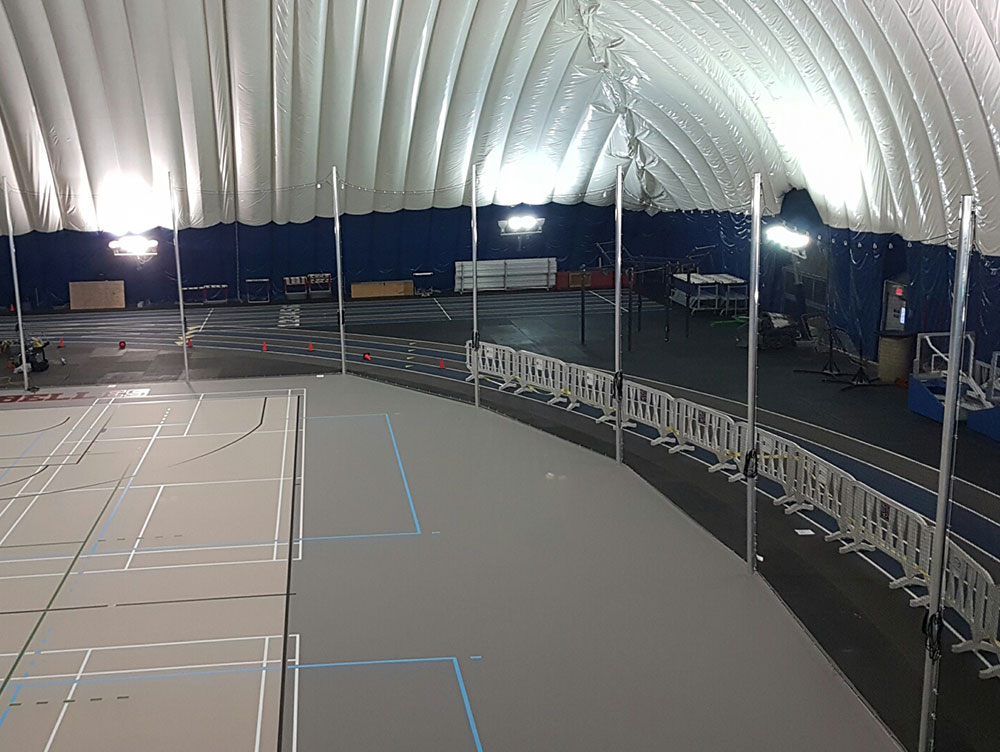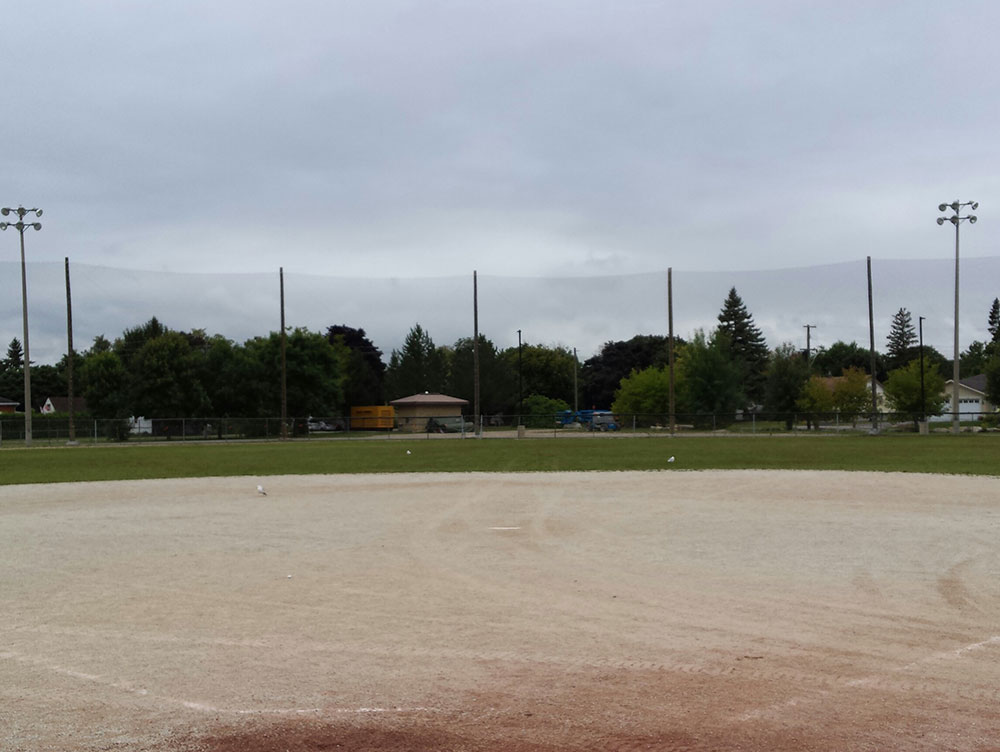How Netting 101 works
For the past 40 years, we at Sport Systems have dedicated ourselves to designing, manufacturing and installing industry leading athletic infrastructure and equipment. Over time, we have fielded thousands of questions from our wonderful clientele and found that time and time again, many of the questions people have when purchasing gymnasium equipment remain the same.
We found that in order to find the right equipment, we typically have to answer the same core group of questions.
You’ll find them below along with the answers.
Frequently Asked Questions
You’ve got questions, we’ve got answers. Here’s a quick selection of some of the most common questions we field on a daily basis.
What factors should I consider when buying netting for my facility?
When in the market for netting for your sports facility, there are a few key features that should be of interest to you before making a purchase…Read article
What is the difference between Square Mesh and Diamond Mesh in netting?
A common question as most of us can recall a time or situation where we have seen both the diamond hung design as well as the square hung design with regards to netting. Here are a couple of ways to tell the difference, and the advantages to each…Read article
What is Break Strength and Burst Strength when it pertains to netting?
Testing the strength of the net is done in a couple of different ways; break strength testing and burst strength testing. Here we will explain the differences between the two types of testing…Read article
How far apart should my poles be for a barrier netting installation?
Your poles should be no more than 50 feet apart.
What do I need for poles for a netting barrier?
Some of our barrier netting systems come with poles, otherwise we recommend hydro poles. These can be obtained and installed by your local hydro company.
What is a ground sleeve?
A ground sleeve is an item that allows a post system to actually be removed from the ground. When installing posts for barrier netting, rather than cementing the post directly into the ground, you can install the ground sleeve in cement. Leaving you with a semi-permanent and versatile post solution.
What types of sports netting do you supply and install?
Enclosing areas such as hockey rinks, tennis courts, golf driving ranges and fairways and baseball fields are a few of the most popular types of netting we design and install. This being said, there is never a one size fits all approach to netting as the barrier needs vary from sport to sport. To remedy this we carry three main varieties of netting, each designed to fulfill certain requirements for a particular application or sport…Read article
Tennis Nets
What's the difference between tapered and non-tapered tennis nets?
The purpose of a tapered tennis net is to prolong the life of the product. This is accomplished by cutting the net in a way so that it is 42” at the posts, but tapers down to 36” in the middle. The tapered cut prevents (or minimizes) how much of the bottom of the net rubs against the court along its centre….Read article
How long will a tapered or non-tapered net last?
It’s impossible to say just how long a tennis net will last regardless of whether or not it’s tapered. The lifespan of each product depends on the court surface and weather conditions, among other variables….Read article
Should you use a vinyl or polyester headband?
The best option for your court depends on your court surface and personal preference. If you’re using a soft court, you can still opt for a polyester headband. However, it is important to realize that it will get dirtier more quickly and will require more frequent maintenance. If you’re using a hard surface court, you can easily choose between a vinyl or polyester headband. However, a polyester headband is likely to resist abrasion and last longer….Read article
request a quote
Sports & Containment Netting Video gallery
Playlist
Sports & Containment Netting Image gallery

Soccer field netting

Football field netting

Indoor netting barrier kit

Baseball field netting
building A better Game
If you can dream it, we can build it.


